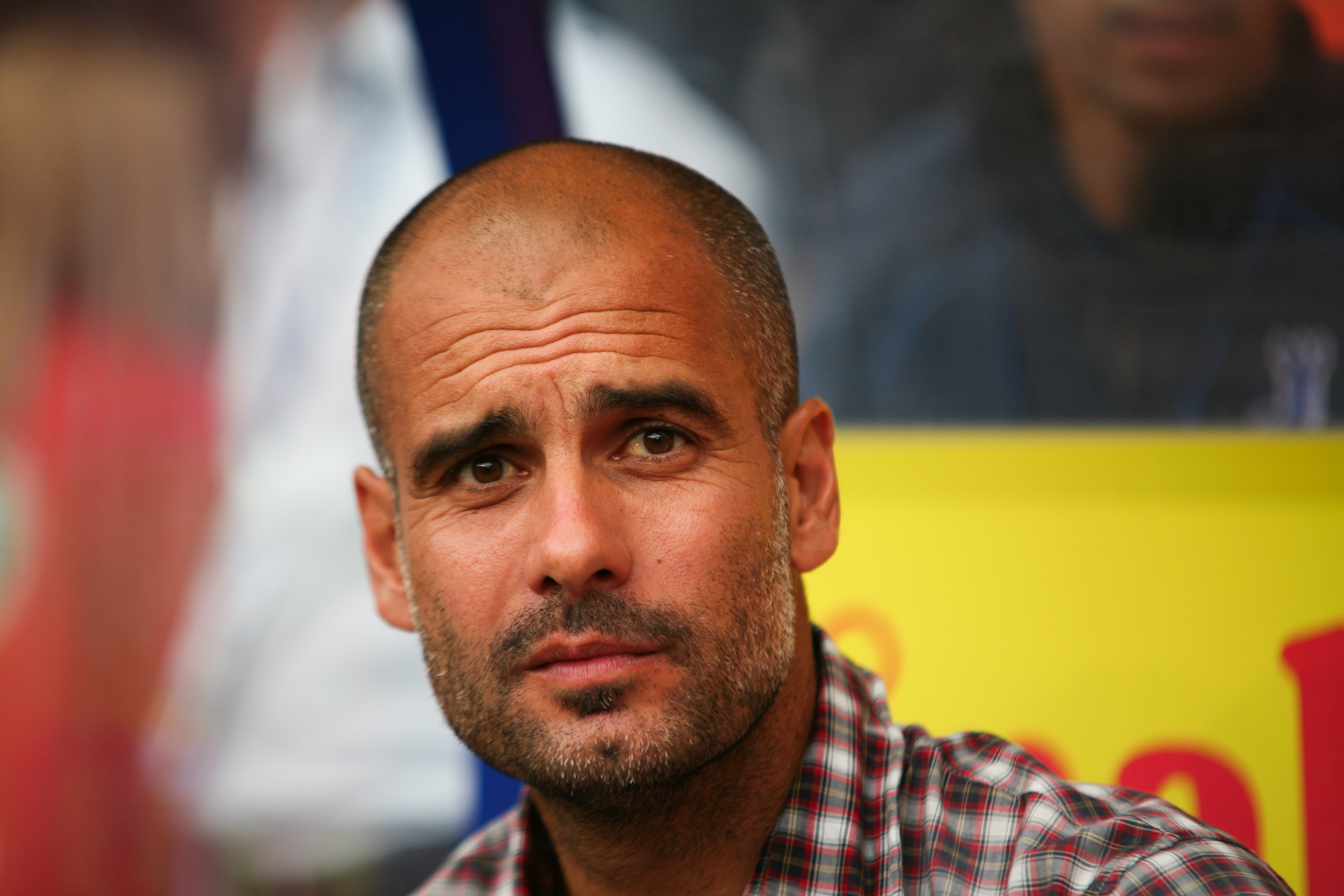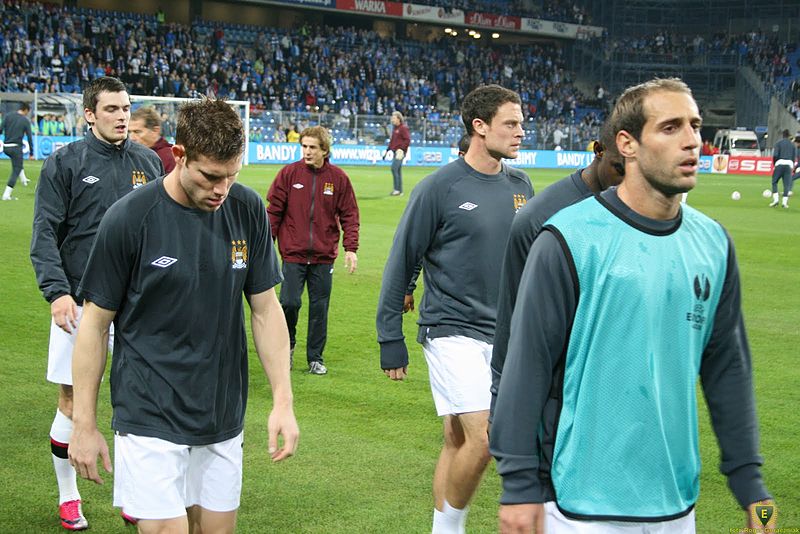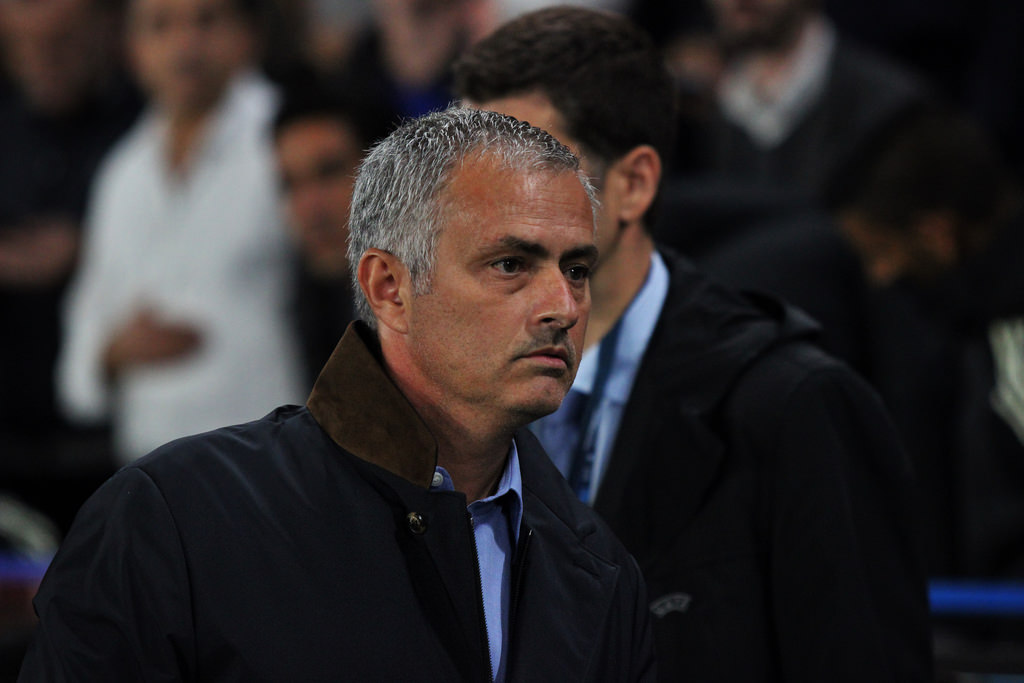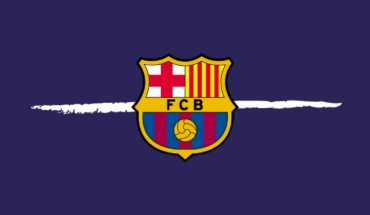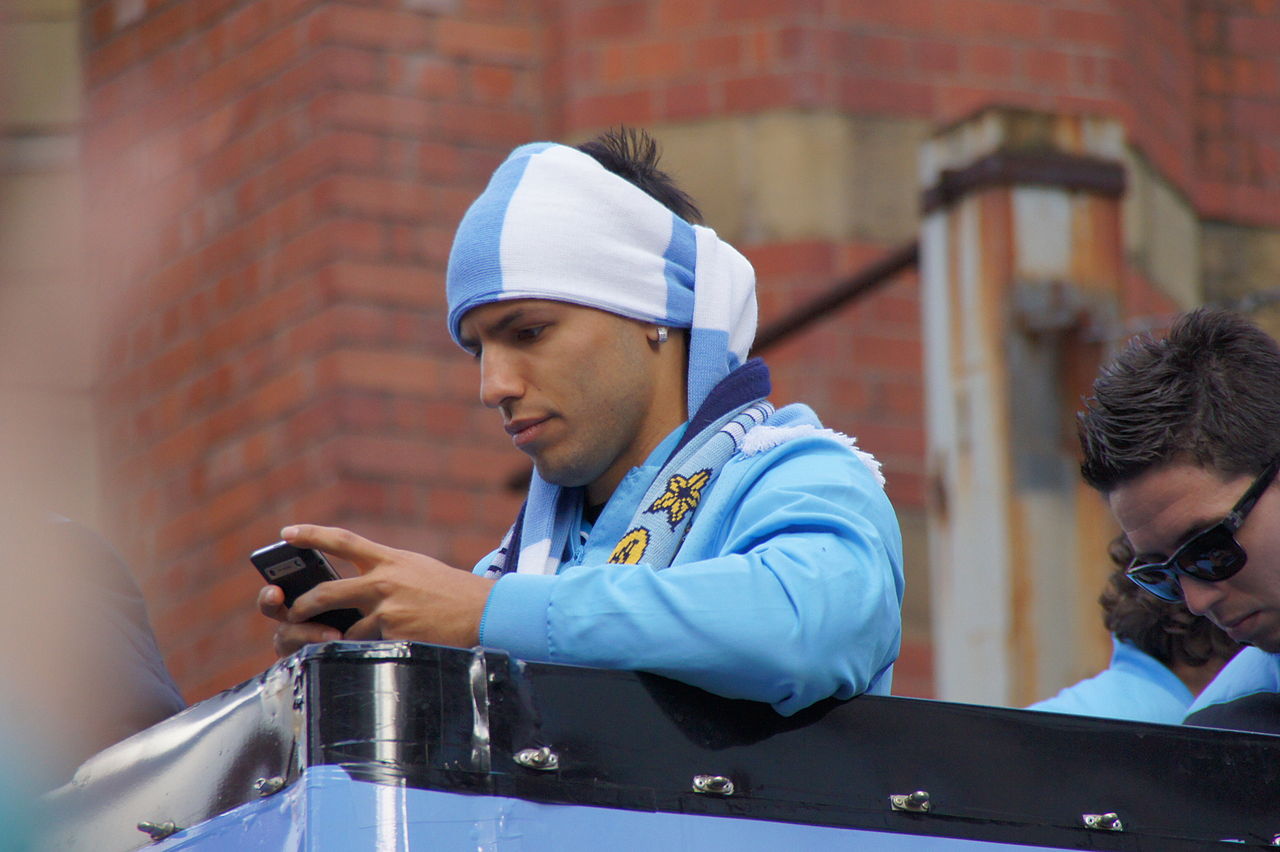According to the Daily Mail, Manchester City are could make a £50 million summer swoop for Ajax midfielder Frenkie de Jong despite facing probation for allegedly manipulating UEFA’s FFP rule.
De Jong has performed exceptionally well in the last 15 months and has caught the attention of top European clubs.
But what is he all about? Here is a SWOT analysis of this talented midfielder targeted by Manchester City.
Strengths
Frenkie de Jong is someone who thrives in midfield thanks to his remarkable positioning sense, which allows him to be tactically flexible and remain one step ahead of the opposition.
For a player who is just 21 years old, de Jong is very composed the ball and is blessed with excellent technical qualities, as you would expect from any player who graduates from the famed Ajax academy.
He is advertised as a deep-lying playmaker but what makes him such an appealing target is his ability to glide past players.
Unlike most other holding midfielders, de Jong is never afraid to move forward, where his immense vision helps him create opportunities for his team.
Weaknesses
Lack of physicality is one of de Jong’s key weaknesses, as it prevents him from making himself big at the centre of the pitch.
In addition, his 1.80m frame is a huge disadvantage when it comes to aerial prowess, meaning the 21-year-old is clearly uncomfortable when it comes to the physical aspect of the game, which could be a worry in the Premier League.
Opportunities
De Jong will certainly be useful to Manchester City, who have limited resources in the holding midfield role with Fernandinho being their only recognised option.
The Brazilian has already entered the final phase of his career while Ilkay Gundogan has struggled with injuries, leaving Pep Guardiola a little shallow in the said department.
Threats
De Jong might struggle with lack of game time during his first season at the very least, with Fernandinho still playing well at the highest level.
That could potentially hinder his progress unless Guardiola has huge plans regarding the Dutchman and utilises his quality right from the beginning.
Additionally, it’s always difficult for an Eredivisie youngster to make the jump to the Premier League, a much faster-paced league, where players get very little time on the ball.

